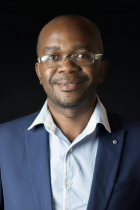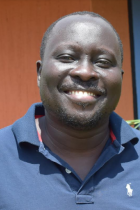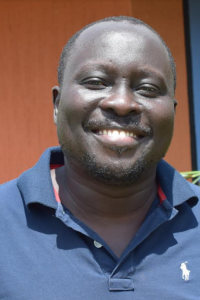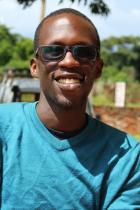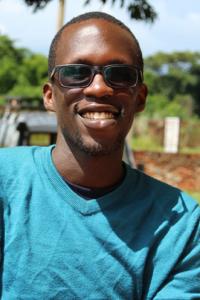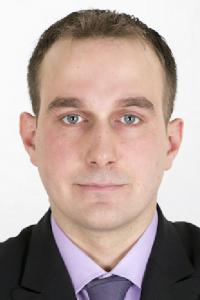Mphathisi Ndlovu

Mphathisi Ndlovu is a lecturer in the department of Journalism and Media Studies at the National University of Science and Technology (Zimbabwe). He has a Doctorate in Journalism from Stellenbosch University (South Africa), and a Masters in Journalism and Media Studies from Rhodes University (South Africa). Mphathisi is also a recipient of the following research awards: a research fellowship from the department of Journalism at Stellenbosch University, and an academic fellowship at Africa No Filter (ANF). Mphathisi’s research interests are in collective memory, identity politics and media theory. He has several publications which include book chapters, and articles in peer-reviewed journals such as African Journalism Studies, Nations and Nationalism, Critical Arts, Communicatio, Journal of Genocide Research, and the Journal of African Cultural Studies. Mphathisi is also a co-founder of the Humanities Research Institute of Africa (HRIA), a research initiative in Zimbabwe which is dedicated to nurturing critical thinking and mentoring emerging scholars in the humanities.






